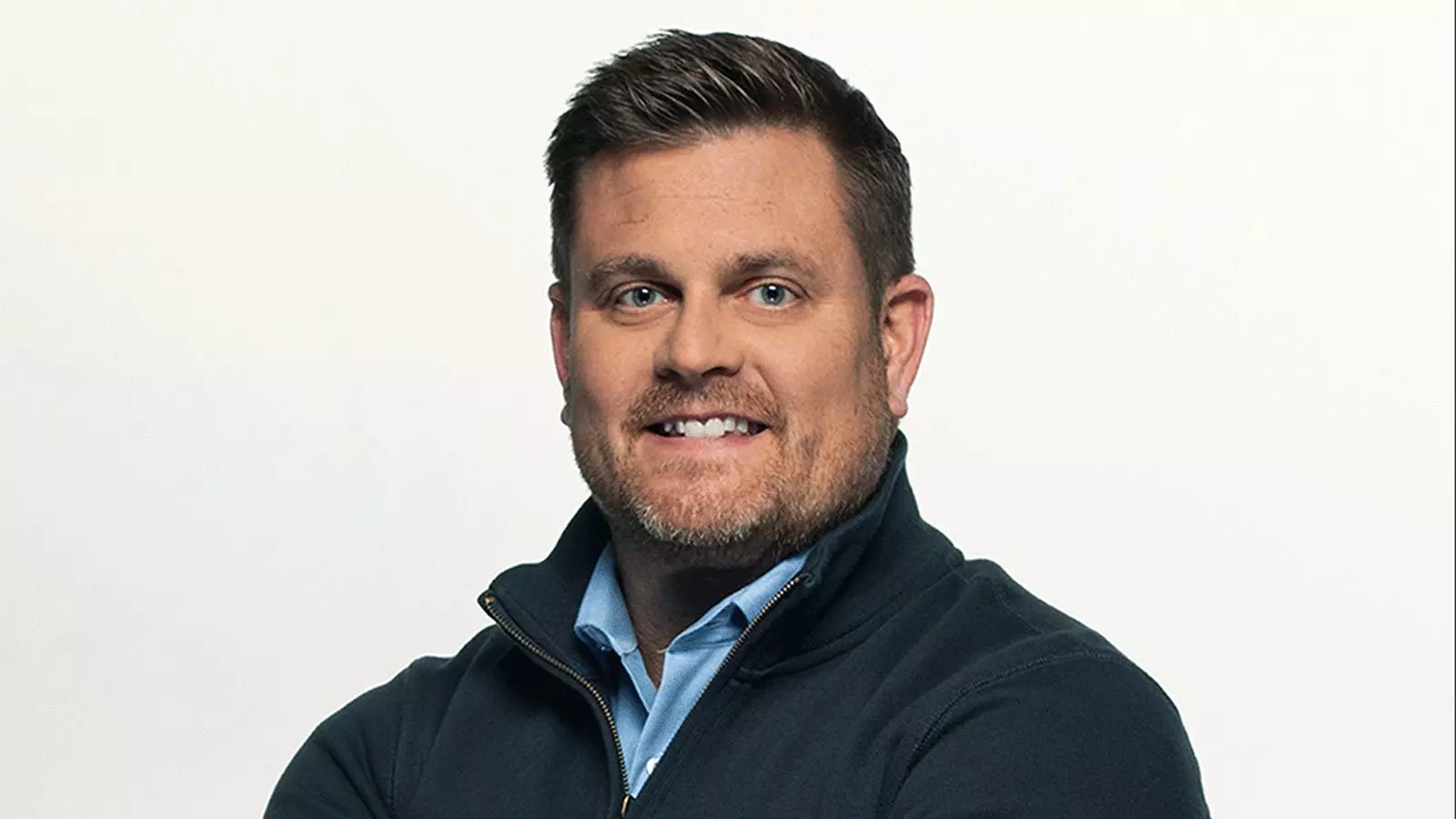The tragedy surrounding Brian Thompson’s untimely death has drawn considerable attention to an otherwise obscure figure in the minds of the general public. Although he steered one of the largest health insurers in the United States, the name Brian Thompson was likely unfamiliar to many until a shocking act of violence unfolded on the streets of Manhattan. That fateful Wednesday, the shooting of the UnitedHealthcare CEO not only claimed a life but also illuminated the critical yet complex role he played within the enormous healthcare ecosystem that impacts millions of Americans.
Brian Thompson’s tenure at UnitedHealth Group began 20 years ago, and during that time, he accumulated a wealth of experience in various sectors of the company, most notably as the head of the insurance division since 2021. As a leader in a firm that serves over 49 million clients—an astonishing number that surpasses the population of many countries—his decisions resonated far beyond the boardroom. UnitedHealthcare stands out as the largest provider of Medicare Advantage plans, indicating Thompson’s significant influence on how senior Americans access healthcare services.
The company’s staggering revenue of $281 billion last year is a testament not only to Thompson’s leadership but also to the massive scale at which healthcare operates in the U.S. Such figures prompt deeper reflection on the ethical and operational challenges faced by executives who hold in their hands the well-being of millions. Yet, for most individuals, the specifics of his role—the intricacies of value-based care, cost management, or regulatory frameworks—often remain abstract concepts, overshadowed by the more sensational narratives surrounding healthcare policy.
Thompson was an advocate for value-based care, a progressive shift aiming to realign payment models with patient outcomes. By incentivizing healthcare providers to focus more on keeping patients healthy instead of solely treating illnesses, he sought to streamline care and improve quality. While his vision might herald potential improvements in patient experience, it also raises questions about the systemic pressures facing healthcare providers and the extent to which patients can contribute to their health management.
Despite the noble intentions behind such policies, Thompson’s leadership was not without controversy. One notable incident occurred in 2021 when UnitedHealthcare announced plans to deny payment for what it classified as non-critical emergency room visits, a decision that prompted severe public backlash. Critics voiced legitimate concerns regarding the ambiguity of medical emergencies—issues that necessitate careful navigation during times of crisis. The backlash led Thompson and UnitedHealthcare to postpone the implementation of this policy, demonstrating the sensitivity required when making decisions that directly affect patient care and safety.
Often, corporate leaders are depicted as faceless executives detached from the realities of their customers’ experiences. Yet, Thompson’s tragic end serves to remind us that behind every decision lies a human life—someone who lived with his own challenges, aspirations, and family ties. Residing in a Minneapolis suburb, he was a family man with two sons and was reportedly focused on navigating the complexities of his role as CEO against the backdrop of a demanding healthcare landscape.
While Thompson may not have been a household name, the enormity of his responsibilities positions him as a pivotal figure in a system that requires steady hands. The forthcoming investigations into his death by the New York Police Department reveal just how precariously the balance between personal life and corporate responsibilities can hang, leading us to ponder how challenges manifest not merely within boardrooms but also within communities.
In the wake of Thompson’s death, one can only hope that his story serves as a catalyst for deeper conversations around empathy in healthcare leadership. There exists a delicate equilibrium between business strategy and the moral imperatives of patient care. As the healthcare industry evolves—facing new challenges brought by technological advancements and shifting societal expectations—the need for leaders who genuinely resonate with customer concerns has never been more important.
Ultimately, while Brian Thompson’s life intersected with the technicalities of health insurance and corporate policy, it also highlights the significance of understanding the personal stakes behind those decisions. His legacy, though tragic, could already be prompting vital discussions on how we engage with healthcare in America—reminding us that every statistic represents a life, a family, and a community impacted by the choices made behind corporate walls.

Leave a Reply